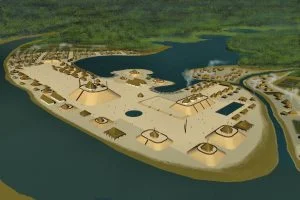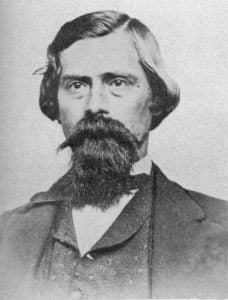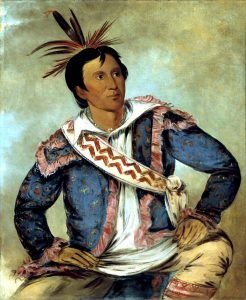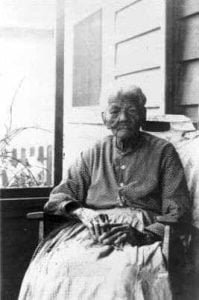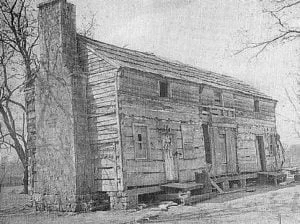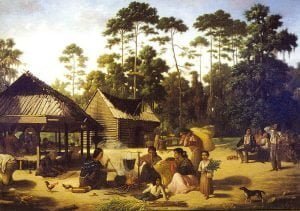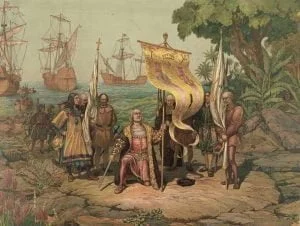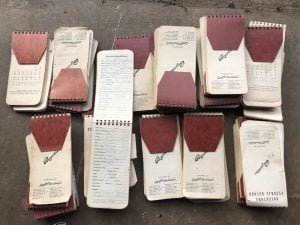Mound Builders
The types of the human skulls taken from those ancient mounds said to have been erected by a prehistoric race, and now called “Mound Builders” a race claimed to be far superior to our Indians are characteristic, not only of the ancient Mexicans, Peruvians and other ancient tribes of South America, but also of the ancient Natchez, Muskogee’s, Choctaws, Chickasaws, Cherokees, Seminoles, Yamases and others of the North American continent. And it is a conceded fact that all Indians ever found in North and South America possess many common features. I have seen the native Indians of Mexico, Arizona and … Read more

